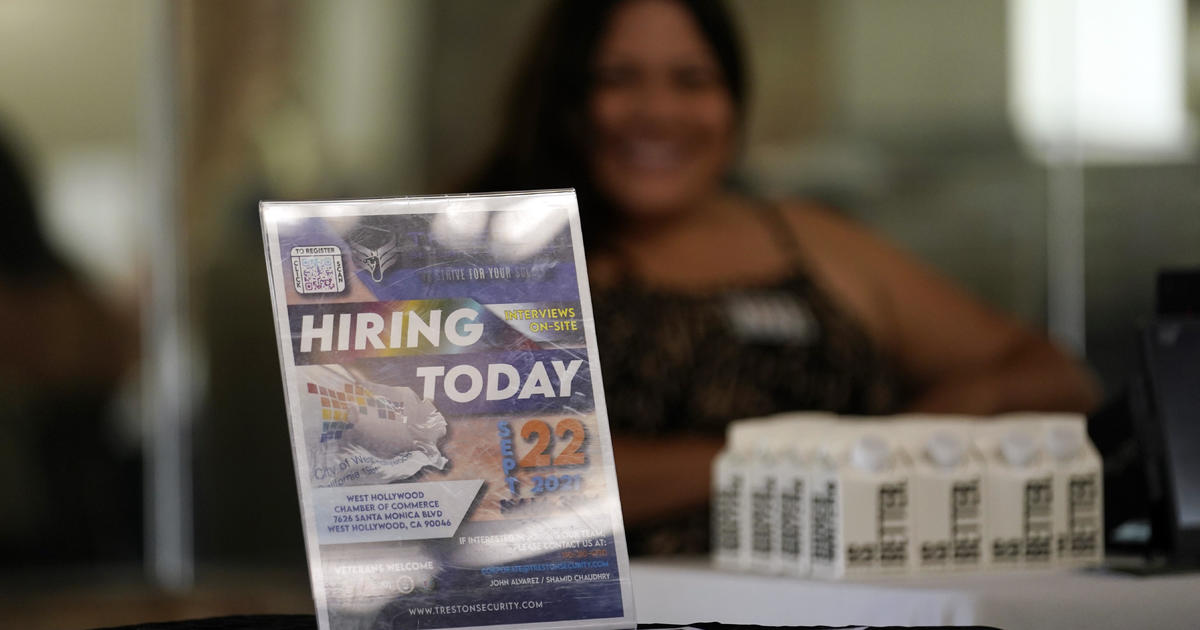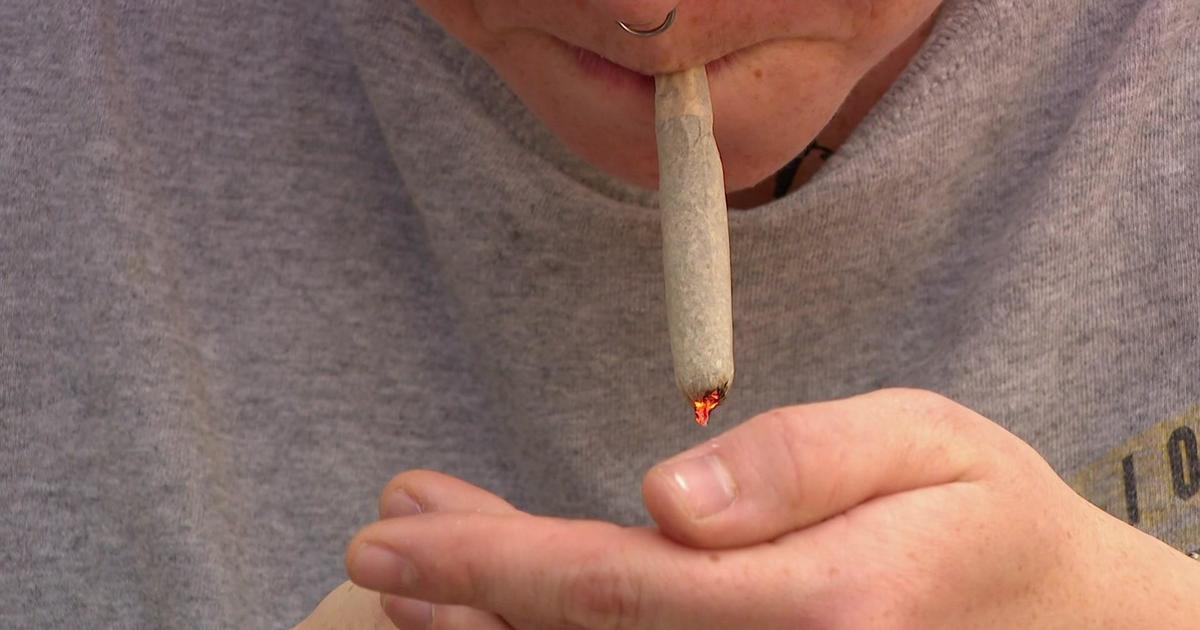Nurse Practitioners Could Soon Prescribe Controlled Substances
MIAMI (CBSMiami/AP) — The next time you need a medication, a doctor may not be the one prescribing it.
With a massive shortage of primary care physicians across Florida, state lawmakers are pushing a bill to expand the powers of nurse practitioners, allowing them to prescribe controlled substances like painkillers and work without supervision from a doctor.
The bill's champion, Rep. Cary Pigman, is an emergency room physician who has supervised nurse practitioners for most of his career. He says Florida has thousands of trained nurse practitioners who can help fill the gap. But the Florida Medical Association and many independent doctors have spoken out against the bill, saying even nurses with advanced training need a doctor's supervision.
Nurse practitioners, who have a two-year degree beyond the requirements of registered nurses, currently must work under the supervision of a physician and sometimes must pay the doctor a fee. Also covered under the proposal are clinical nurse specialists, nurse anesthetists and nurse midwives, who have similar advanced training.
Pigman, an Avon Park Republican, said the current supervision mandate "is a sham" and so loose that "I could be supervising a nurse practitioner working in Okeechobee 350 miles away and I could get paid for that."
The bill would establish standards for advanced practice registered nurses but it does not increase their scope of practice beyond their training, Pigman said. Patients with serious medical problems would be referred to physicians. Currently, 17 states and the District of Columbia give nurse practitioners full autonomy and 21 give partial autonomy, according the American Association of Nurse Practitioners. Florida, California and Texas are among the states with strict limits on nurse practitioners.
Pigman says that "Florida is one of the most restrictive states in the U.S." in not giving nurse practitioners prescribing powers.
Critics worry that Pigman's bill goes too far and would increase the number of prescribers in a state known as a hotbed for pill mills where painkillers are illegally prescribed to addicts.
"It's about as broad as it gets and it goes way over the line," said Jeff Scott, general counsel for theFlorida Medical Association. "We're going to do everything we can to defeat it."
The powerful association may find its greatest ally in Senate President Don Gaetz, who has said he will vote against it.
Dr. Michael Zimmer, who supervises several nurse practitioners at his St. Petersburg primary care practice, testified against the bill, saying nurse practitioners could miss serious problems before they become obvious.
"While it's very easy for the nurse practitioner to treat very simple problems, oftentimes the simple problems will occur at the same time as the exacerbation of underlying chronic illnesses and, at that time, there's a fine distinction required in order to make a careful assessment and deliver high quality care," he said.
Rep. Gayle Harrell, R-Port St. Lucie, unsuccessfully proposed amendments requiring nurse practitioners to carry similar malpractice insurance to doctors and requiring nurse practitioners to be under the board of medicine's authority.
"If (patients) are being protected when a physician is practicing, why should they not be protected when an independent nurse practitioner is practicing?" Harrell asked.
Both sides agree there is a severe shortage of doctors in much of Florida. It's one of the reasons Republicans gave for not expanding Medicaid last year. According to the state Department of Health, 16 mostly small and rural counties have fewer than seven active physicians per 10,000 residents. That compares to 22 active physicians per 10,000 residents in the nation as a whole. The state estimates it would take at least 753 primary care physicians to eliminate the shortages.
Patricia Briones, a nurse practitioner at the University of Miami Miller School of Medicine, makes daily rounds among patients in kidney failure, deciding how much fluid to remove and over what period of time during their dialysis. She sees her patients at least once a week and prescribes everything from antibiotics to blood pressure medication. But she can't prescribe painkillers for her patient who is also going through chemotherapy and she can't sign off on disability parking passes or Medicare and Medicaid eligibility. Only the doctor, who sees them about once a month, can do that.
"A lot of these patients have debilitating pain because of their chronic condition and I can't prescribe anything to help them. It's very restrictive," she said.
As she wheels a cart with her computer down a long row of dialysis patients, she checks their charts and frequently advises technicians and nurses on how to proceed with complicated cases.
"Nurse practitioners are not trying to take the role of the physician. I know my limits," she said.
Treaunna Hardaway, a 32-year-old Miami mother who is receiving dialysis while awaiting a kidney transplant, supports the bill.
"With someone of her skills and knowledge, I don't see why she should be limited," said Hardaway, who has been Briones' patient for five years. "She should be allowed to give her patients what they need."
(TM and © Copyright 2014 CBS Radio Inc. and its relevant subsidiaries. CBS RADIO and EYE Logo TM and Copyright 2014 CBS Broadcasting Inc. Used under license. All Rights Reserved. This material may not be published, broadcast, rewritten, or redistributed. The Associated Press contributed to this report.)



